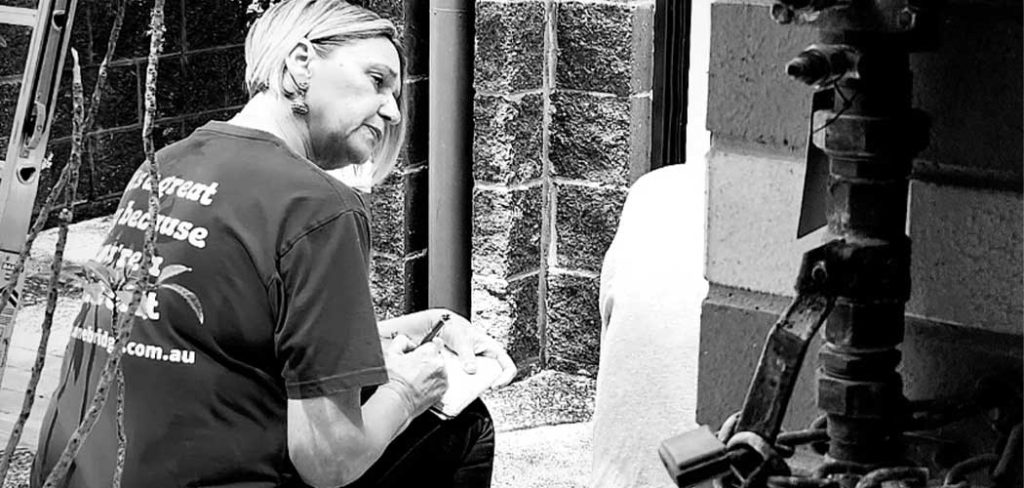Powered by a passion to increase connectivity and decrease stigma around homelessness, primary healthcare nurse-driven organisation OneBridge provides health equity, health education and social prescriptions for individuals experiencing homelessness and poverty.
OneBridge Founder and Churchill Fellow, Sonia Martin RN, has been working alongside vulnerable populations for 30 years and was recently appointed National Chair of the Street Health Faculty at the Australian College of Nursing.
“OneBridge provides outreach healthcare that is nurse-led, nurse-driven, and the founder is a registered nurse,” said Ms Martin.
Nurses visit social housing spaces where people have sometimes come from homelessness and are often still experiencing precariousness.
“To stop the slide back into homelessness you need supports and wrap-around services,” said Ms Martin. “OneBridge not only provides social housing health access. It also heads out into any community where the need is, providing specialised primary healthcare services whilst having an awareness of the vulnerabilities of members in each community.”
“Once a person finds housing, this is only part of the journey. We then need to work on health outcomes that have shifted because of an individual’s experience with poverty.”

There is a lot of health trauma from someone who has experienced homelessness, whether that’s one, five or 10 years on the street. “Morbidity and mortality rates are much higher for people who have moved out of homelessness into social housing spaces, including higher risk of COPD, coronary artery disease, diabetes, and loneliness – just trying to make connection back to community is really difficult,” said Ms Martin.
“Our model is literally going to where people are at and also figuratively meeting people where they are at in their health journey, then starting that journey with them – we’re the bridge that doesn’t break.
“We do a lot of community mapping around what resources are available and link people into bulk-billing GPs or nurse practitioners. We’re getting skin cancer clinics to come to us in social housing spaces.
“We’re removing all those social and environmental barriers to make it as easy as possible to access free healthcare. It’s nursing on doorsteps – and it’s the way of the future.”
OneBridge offers chronic disease management and education, wound care plans, drug and alcohol support and referrals to rehab, and mental health support, also linking people in for mental healthcare plans with GPs. We also identify the impact and issues for each individual around their housing, finances, social supports, and dignity.
“We weave into local community or health services that are empathetic and who can work with peoples’ vulnerabilities. A lot of people have mistrust of mainstream health services and have disengaged from healthcare. It takes time to develop relationships and you need to be consistent. We’re trying to knit together local community services for a person to feel supported because sometimes supportive services are all that person may have in their life.
While she welcomes the increase to homelessness funding on the national agenda and also the increase in social housing that’s being built, Ms Martin said there’s a long way to go, especially around equity and stigma. “That’s why we reach out and go where we need to go because there’s still a lot of barriers [to seeking help].
“We are the rest of us, and we can all be homeless, or experience homelessness, we’ve seen nurses, people who work in IT, council workers, doctors, engineers on the streets.
“I think if you have a level of privilege, you think that it’s not going to happen to you, but homelessness doesn’t discriminate. It doesn’t matter what your role is and it doesn’t matter if you have an income. If you can’t afford the cost of rent or there aren’t houses to house you, you’re at risk.”
OneBridge is looking to expand their health clinics by collaborating for funding with partners, and they also support nursing placements with CQU and the University of Sunshine Coast to help students learn how to hold space with people and think outside of the biomedical model by utilising a vital socialised model of healthcare for nurses.
“I love working in this space because if we can think outside the box, the world becomes a little bit more malleable. Then we can look at different solutions to serve vulnerable communities, which is something nurses do beautifully. They’re amazing at thinking outside the box. We problem solve every shift.
“The thing that motivates me is serving people in need of someone to listen and support them. For me it’s continuously getting up and not giving up on humanity because I think our humanity is all we have. We need to consistently remember to be kind to each other because we don’t know what someone else is going through.”










One Response
I agree. I’m a person with many chronic health issues and my engagement with the healthcare system has led to PTSD. Our health system is so reactive and clinically focused that it doesn’t support you on a human level and doesn’t help you live a healthy life to prevent disease